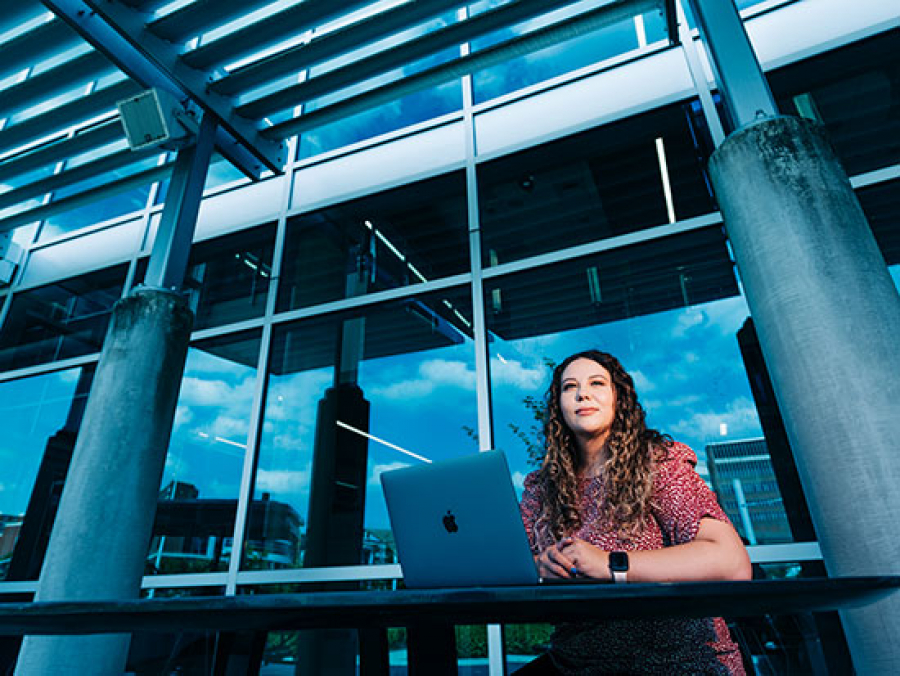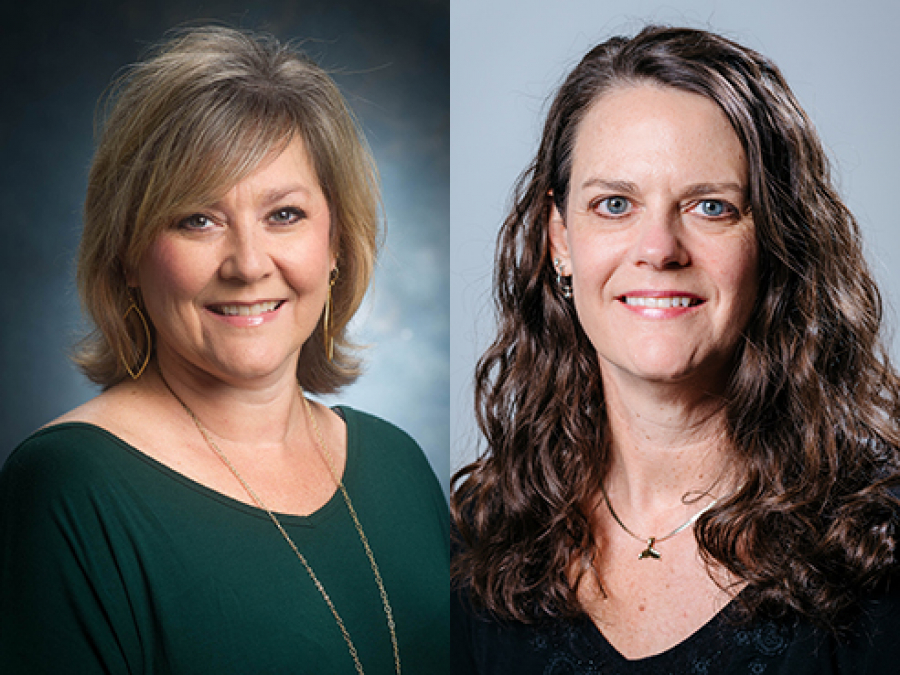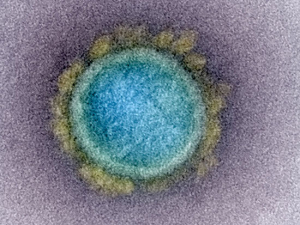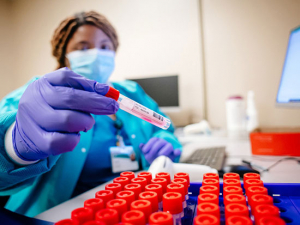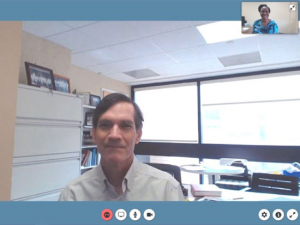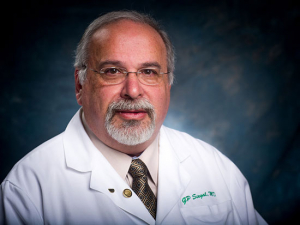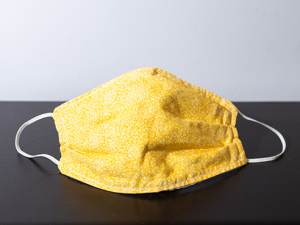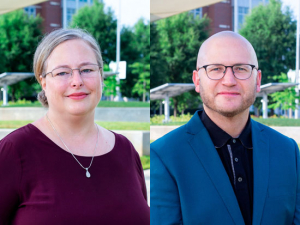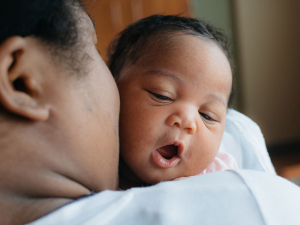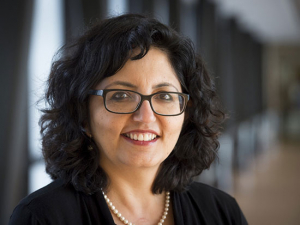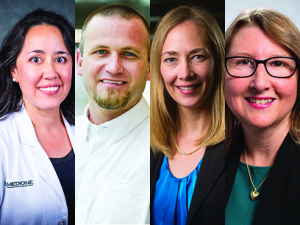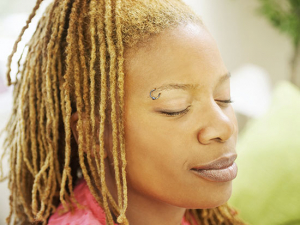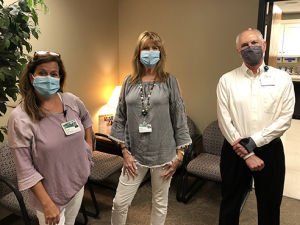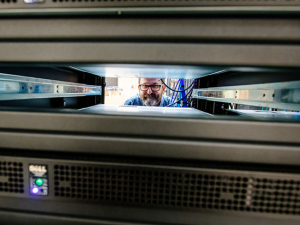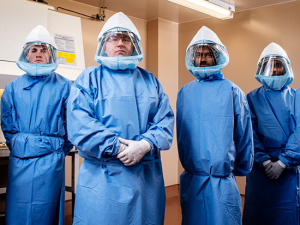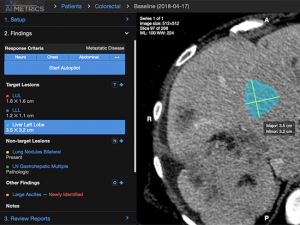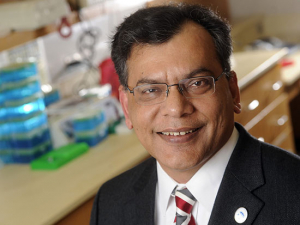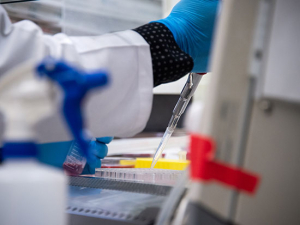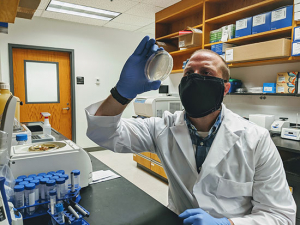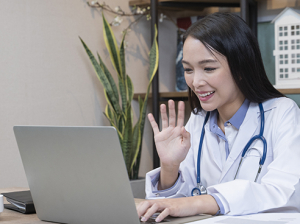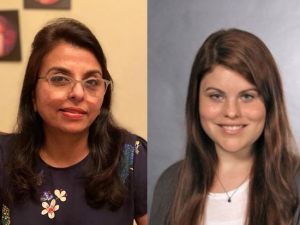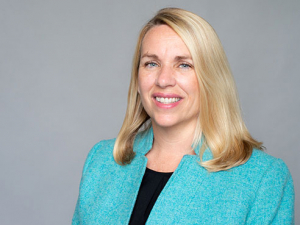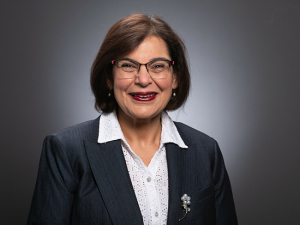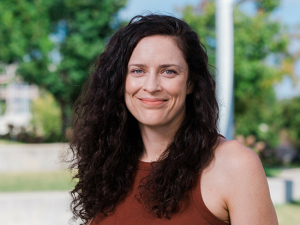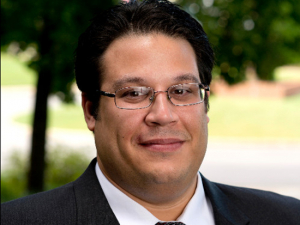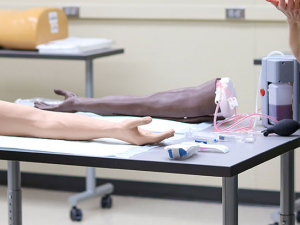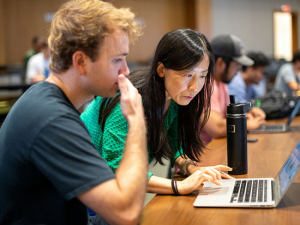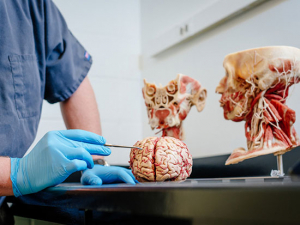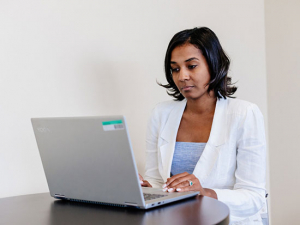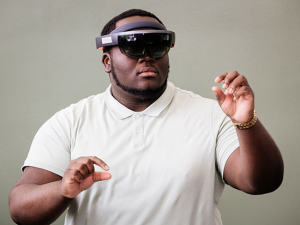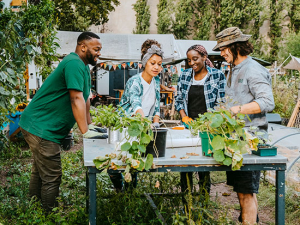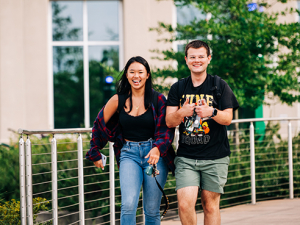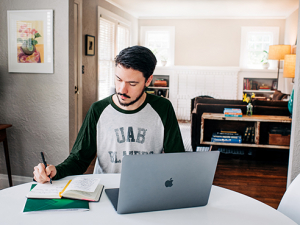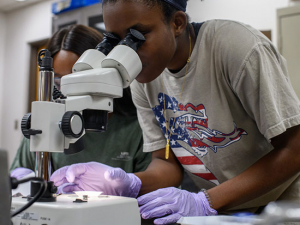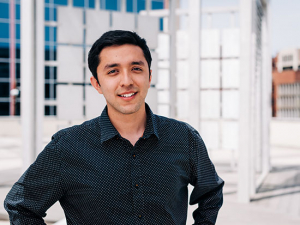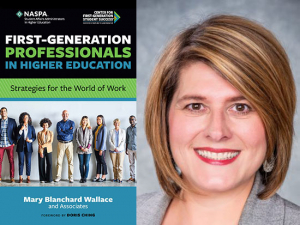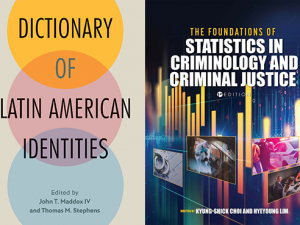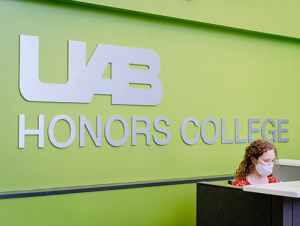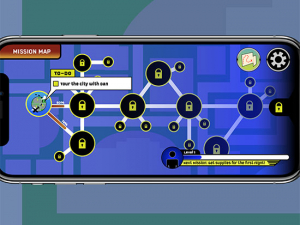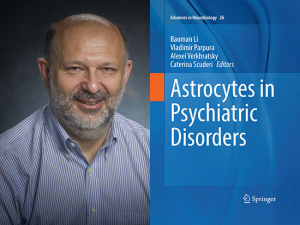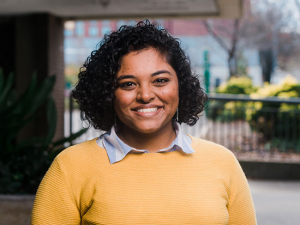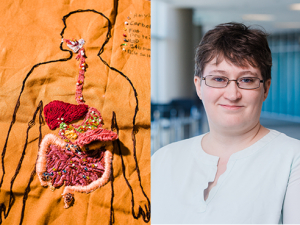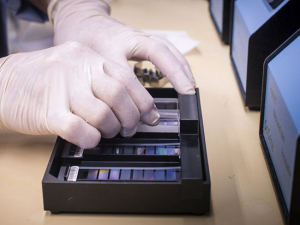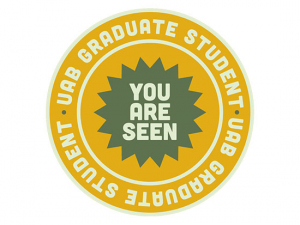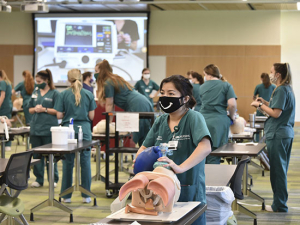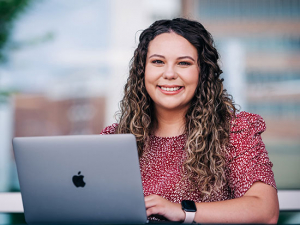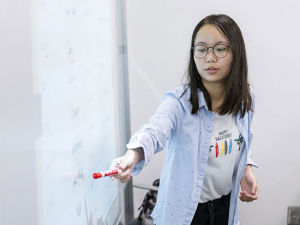Displaying items by tag: school of medicine
Many people are looking to antibody tests for peace of mind. But the results aren’t actionable at this point, an infectious diseases expert says. Learn more about UAB’s current and future antibody testing efforts.
Project LEAP will make novel use of integrated patient navigation and student champions to help high-risk young residents.
Pathology department leaders explain pooled testing and other innovations behind the largest higher-education testing initiative in the nation.
Gene Siegal, M.D., Ph.D., interim chair of Genetics and executive vice chair of Pathology, is one of 20 named Fellows of the scientific research honor society for his distinguished contributions as a physician scientist, scholar and leader in academic medicine.
 As Blazers return to campus to begin the fall semester, wearing face masks will be required to reduce the transmission of COVID-19. But there’s more to masking than slipping the straps behind your ears — keeping it clean, handling it correctly and wearing it properly and are all crucial in ensuring your mask protects both you and others.
As Blazers return to campus to begin the fall semester, wearing face masks will be required to reduce the transmission of COVID-19. But there’s more to masking than slipping the straps behind your ears — keeping it clean, handling it correctly and wearing it properly and are all crucial in ensuring your mask protects both you and others.
Interdisciplinary center is focused on cutting-edge research that can be developed into better treatments — and helping junior faculty develop their own research programs.
A $2.9 million study aims to lower the risk of pregnant women becoming infected with cytomegalovirus, a virus that can lead to long-term health problems for babies.
Women who had total body irradiation to prepare for blood or marrow transplantation before age 30 had a 4.5-fold increase in their risk of developing breast cancer later in life.
The University of Alabama System Board of Trustees awarded the Distinguished Professor rank to Nancy Borkowski, Louise Chow, George Howard and Virginia Howard and the University Professorship rank to Eta S. Berner.
Caroline Harada, Burel Goodin, Tina Kempin Reuter and Allison Shorten demonstrated extraordinary commitment to engaging undergraduate students in service-learning, undergraduate research, education-abroad experiences and team-learning environments.
A $2.9 million, NIH-funded trial aimed at Black women with high stress will examine whether culturally relevant stress-management strategies can improve weight-loss outcomes.
David Chaplin, Harriett Amos Doss, Stuart Frank, William Grizzle, Wendy Gunther-Canada, Robert Kleinstein and Andrew Rucks have been designated emeritus professors for exceptional service to the university and their profession.
 Get a glimpse into how employees are continuing their unique and important work during UAB’s limited business operations.
Get a glimpse into how employees are continuing their unique and important work during UAB’s limited business operations.
Cheaha now is certified for use with protected health information, including medical records and genomic data, which investigators describe as a “big deal.”
Members of the lab of tuberculosis researcher Andries Steyn, Ph.D., have provided crucial assistance in UAB efforts to combat COVID-19.
Department creates environment for entrepreneurial activity that fuels advances in artificial intelligence, cancer prediction and patient safety.
In a new paper, Keshav Singh, Ph.D., outlines the case for the “powerhouse of the cell” as a hideout and unwitting ally for SARS-CoV-2.
Three of the first scientists to return to campus in Phase I — plus the leader of a group that never left — share their emotions, lessons learned and 7 tips for organizing your unit’s re-entry.
Endowed chairs in cancer disparity research and psychiatry were appointed, along with endowed professorships in pediatrics and otolaryngology; all are inaugural holders.
Neuroengineering doctorate, master’s degrees in higher ed administration and interdisciplinary studies move forward.
Researchers from UAB’s Precision Medicine Institute have used AI to identify hundreds of potential treatments, which are now being tested through the COVID-19 research fund that the institute helped launch.
New microbiology faculty member Nicholas Lennemann is transforming the fluorescent virus assay he developed into a new tool against coronavirus in work supported through UAB’s urgent COVID-19 research fund.
The educational and clinical challenges presented by COVID-19 also present an opportunity to develop new technical and patient-interaction skills for students — and health professionals — using telehealth technology.
Bioreactors built to offer new insights on lung cancer are being adapted to study coronavirus infection and test new treatments in this project supported through UAB’s urgent COVID-19 research fund.
